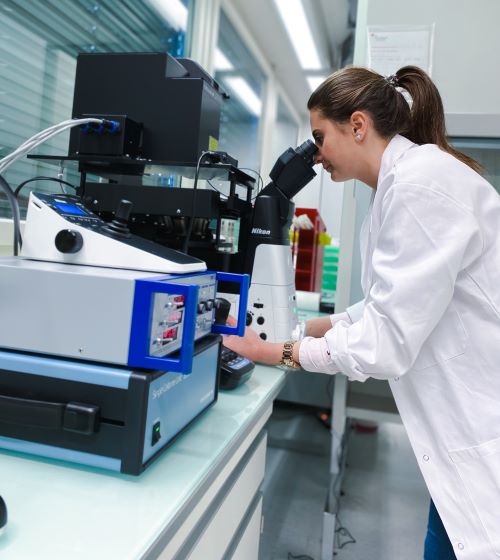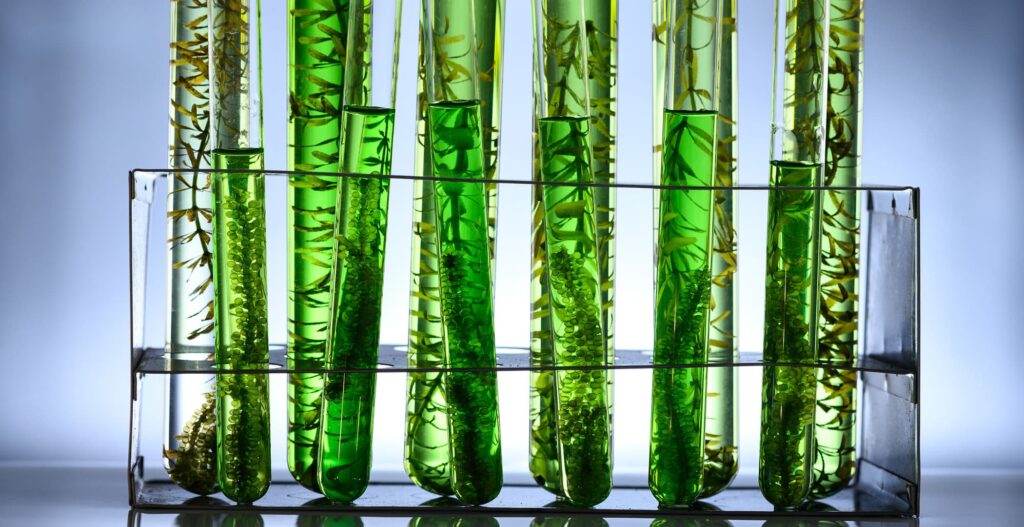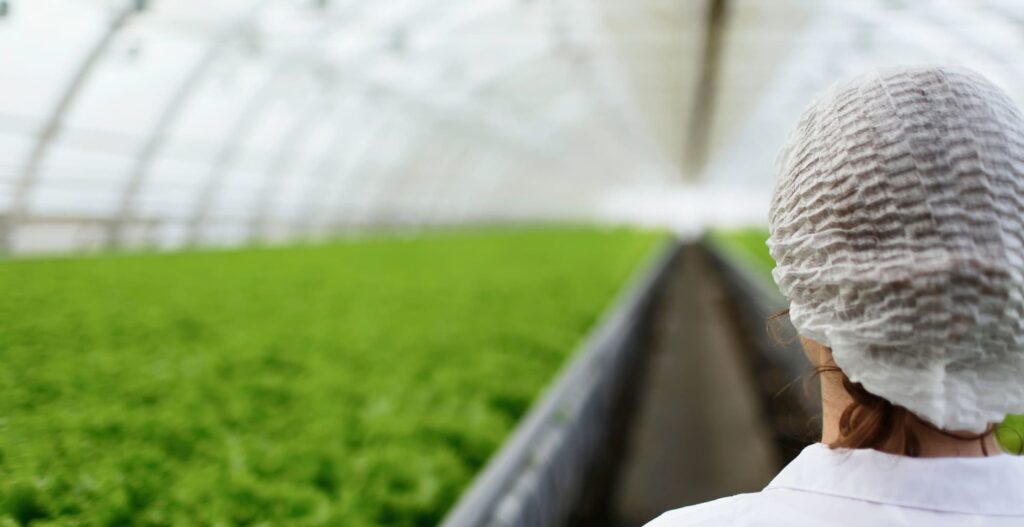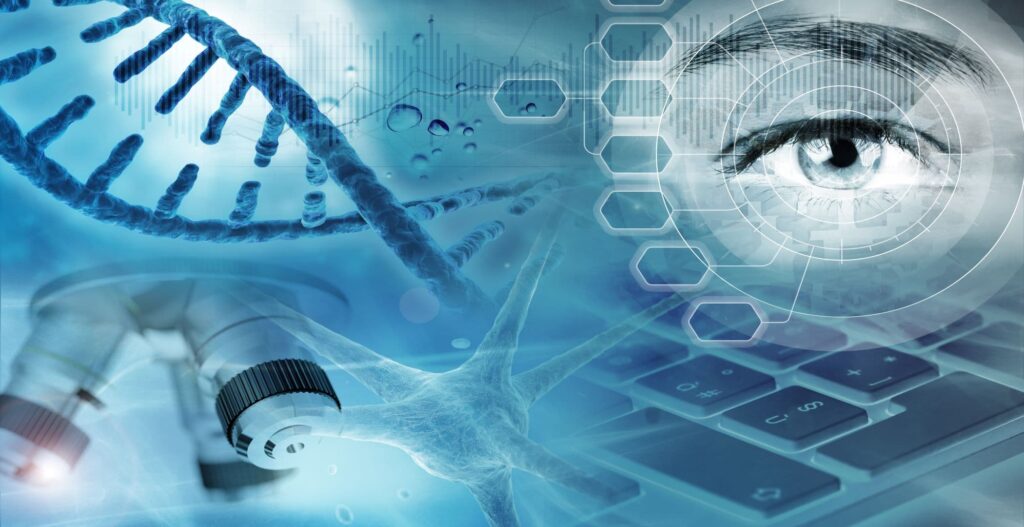Yokogawa Innovation Switzerland in Basel
Yokogawa has established a Swiss subsidiary based at the Switzerland Innovation Park Basel Area where Yokogawa Innovation Switzerland GmbH (YIS) started business operations in August 2020. Tsuneji Sawai, Managing Director of YIS, and Ph.D. Daisuke Nojima, R&D leader, are representing YIS in Basel. Research and Development activities are planned and ongoing, and Yokogawa can benefit from the concept of the Switzerland Innovation Park. Additionally to the office of YIS, the YIS team also shares a lab with other innovative companies and researchers.
Switzerland Innovation Park Basel
The Switzerland Innovation Park Basel Area focuses on five specific thematic areas for research and subsequent development into products and services: Biotech, MedTech, Digital Health and HealthTech, and Industrial Transformation. The Innovation Park at Basel Area is the ideal place for growing business and networking activities with pharma companies with the goal to drive forward innovation in the field of biotechnology. The concept of sharing working space with different companies offers the possibility of networking activities. We already had the chance to connect with other “labmates”.
Highlights of the YIS Shared Lab
Yokogawa Innovation Switzerland GmbH received the first Single CellomeTM Unit SU10 as the first lab in Europe and can be visited by interested customers.

With the Single Cellome™ System SU10, you can deliver substances such as genome-editing tools, directly to the nucleus or cytoplasm. Unlike other tools, there is minimal damage to cells. Watch the video below to get a better understanding of how the SU10 works.
Combining our technologies in the YIS shared lab
One of YIS’s missions is to raise awareness for Yokogawa’s businesses in the Life Science and Biotechnology sector and to create synergies.
One scope of Yokogawa Bio Frontier is the establishment of a “smart cell” industry. What is the “smart cell” industry? The term describes a next-generation industry based on “smart cells” which are defined as “finely designed, expression-controlled biologically functional cells.”
For example the production of EPA (eicosapentaenoic) which is one of the polyunsaturated fatty acids (PUFAs) that are essential components in the diet of humans and many other animals. The conventional source of EPA is fish but due to resource depletion, other sources are needed. The ultimate sources of PUFAs are algae, which are consumed by fish. Algae have the ability to produce EPA but with a low material production capacity. Therefore there is a need for improvement in the EPA productivity. Core technologies that might help are Biotechnology and Genome editing that can enable the production of “smart cells” with high capability to produce EPA.
YIS is developing technologies for the creation of smart cells with Yokogawa Technology solutions India (YTI). YTI is building an organism and product agnostic platform, using in-silico analysis of high throughput omics data, followed by organism-wide experimental data generation and in-silico simulation to create a digital twin. We have focused on microalgal pigment such as astaxanthin that can be used as a supplement for fish and shrimp feed for the first target. Microalgae strains Haematococcus lacustris/ Pluvialis can produce astaxanthin. Developing high expression strains using in-silico analysis and simulation to find gene-editing targets by CRISPR Cas9 gene editing with SU-10 can not only create new strains with high capability of astaxanthin production. It also increases the throughput for faster speed to market.
https://youtu.be/oz2i6T4kukc” title=”Nano-Point Delivery Single Cellome™ System SU10
How can our Life Science products be useful in this project?
For the production of these strains, our newly developed SU10 nano-delivery system can help to deliver Cas9 gene-editing components directly into algae to develop new strains with high capability of astaxanthin or EPA production. The different strains can be analyzed by CQ1 or CV8000 (High-Content Analysis Systems) from Yokogawa and further cultivated in specified Bioreactors for massive production.
More details?
Would you like to receive more details or visit the YIS shared lab in Basel? Do you have ideas for collaborations?
Please contact Ph.D. Daisuke Nojima (daisuke.nojima@yokogawa.com).




